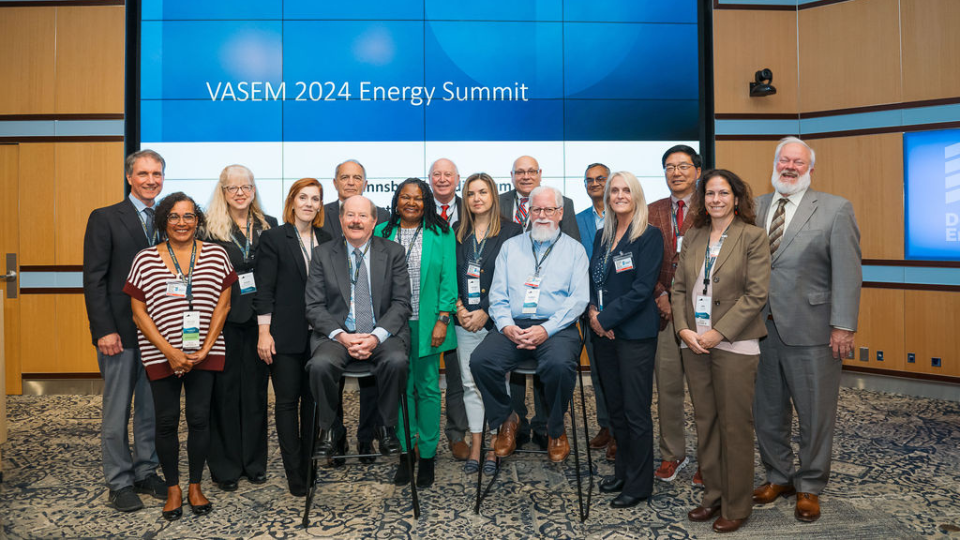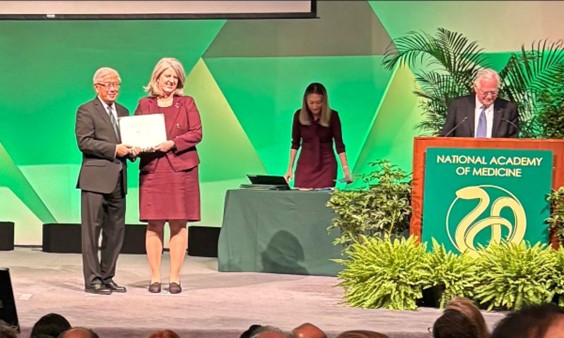President’s Message
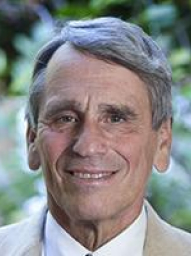 Dear friends,
Dear friends,
I hope that everyone had an enjoyable Thanksgiving holiday. I know that I did and feel that the Virginia Academy has a lot for which to be thankful. Our new Executive Director, Nat Draper, has been very active and productive in a very short period and the McGuire Woods Consulting folks continue to be a great asset to our program.
A very successful 2024 Annual Summit was held in Richmond on October 28-29, 2024. The topic, “Bridging the Gap: Charting the Future of Sustainable Energy for Virginia,” was very timely and important. Approximately 175 people were in attendance. The Summit was hosted by Dominion Energy at its Innsbrook facility in Glen Allen, Virginia. Topics included energy demand, generation, regulation, and workforce needs.
The Honorable Glenn Davis, Director of the Virginia Department of Energy, presented the Governor’s energy plan for the Commonwealth and presidents and CEOs of the major electrical energy providers in Virginia such as Ed Baine of Dominion Energy and Aaron Walker of American Electrical Power provided their views of the energy forecast for Virginia. A full report of the summit is under- development.
The Virginia Academy has introduced a new product which it calls White Papers. A White Paper is a short and directed document that is developed over a short period in response to technical questions that it receives from a legislator or legislative staff member. The first White Paper entitled “Technologies for Powering Virginia’s Data Centers” was delivered in August and addresses specific questions on energy technologies such as small modular reactors raised by Delegate David Reid of Loudoun County. I hope that you go to our website and read our first, very interesting White Paper.
We are pleased to announce that we have added two new members to our Board of Directors: Tony Beasley and Chen Ching Liu. Beasley is Director of the National Radio Astronomy Observatory and Liu is American Electric Power (AEP) Professor at Virginia Tech.
The Virginia Academy will be selecting its sixth cohort of COVES Policy Fellows in early January 2025. Requests for applications have been sent and will be due in early December. Two information sessions have been held each with excellent attendance.
We are pleased to have added 20 new individuals to our membership roster in 2024. Three of these new members became members because of their election to one of the National Academies. The other 17 individuals were elected by you because of their outstanding accomplishments and interest in helping Virginia. The new members were recognized at the 2024 Annual Summit.
It is also a pleasure to introduce you to another one of our accomplished members. In this issue, we profile Dr. Don Detmer, a noted physician and medical leader. A practicing general and vascular surgeon for 30 years, his many experiences, combined with a year as the inaugural policy fellow at the Institute of Medicine, led to his appointment in 1984 as vice president for health sciences at the University of Utah and then in 1988 at the University of Virginia. I know that you will enjoy reading about this amazing man.
As you can see, the Virginia Academy and its members and friends are very active. I hope that you find this newsletter informative and enjoyable. Please feel free to contact me if I can be of any assistance.
Sincerely,
James (Jim) H. Aylor
President,
Virginia Academy of Science, Engineering, and Medicine
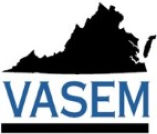

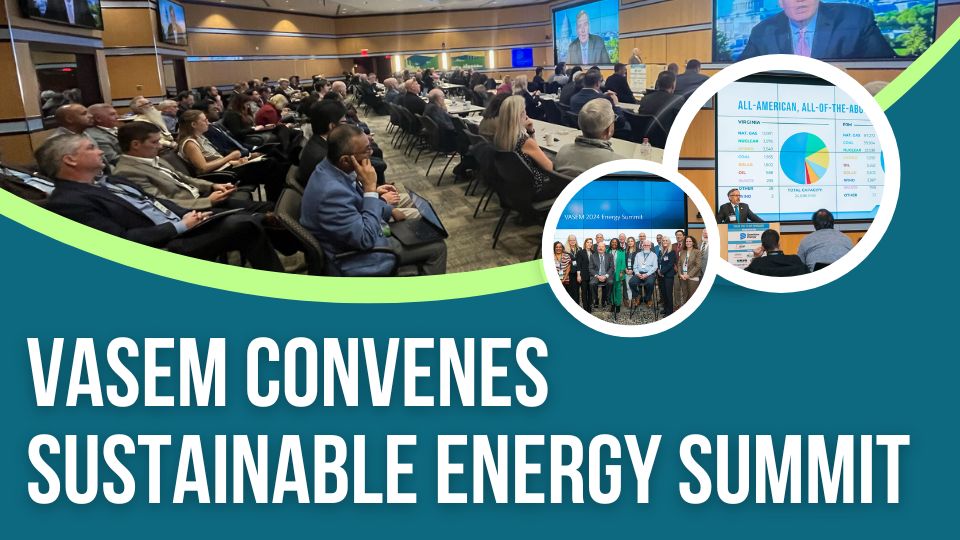 To mitigate the effects of climate change, the Commonwealth is increasing its reliance on sustainably generated electricity, reducing the amount of carbon dioxide released into the atmosphere. Making this transition, however, while ensuring reliable, affordable access to electricity is a difficult challenge, especially at a time when artificial intelligence is making added demands added pressure on the grid.
To mitigate the effects of climate change, the Commonwealth is increasing its reliance on sustainably generated electricity, reducing the amount of carbon dioxide released into the atmosphere. Making this transition, however, while ensuring reliable, affordable access to electricity is a difficult challenge, especially at a time when artificial intelligence is making added demands added pressure on the grid.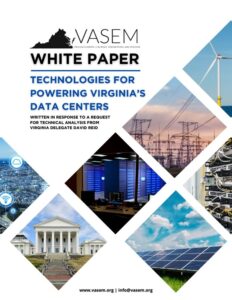
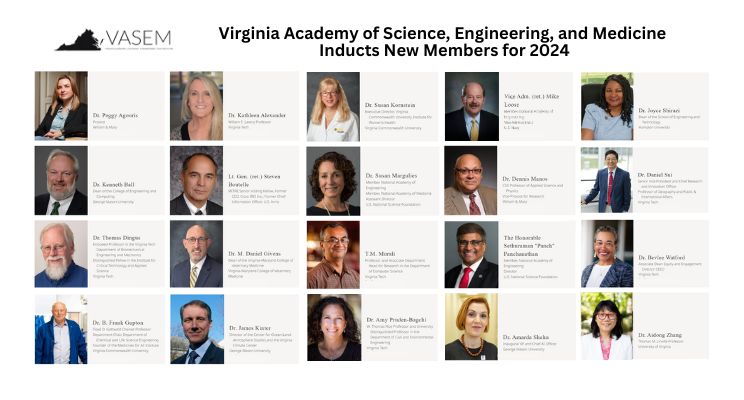 The Virginia Academy of Science, Engineering, and Medicine (VASEM) is proud to announce the induction of its newest members for 2024. These distinguished individuals have made significant contributions to their respective fields, ranging from engineering and veterinary medicine to women’s health and computer science. Their expertise and dedication to advancing science, engineering and medicine in the Commonwealth of Virginia are exemplary, and we are honored to welcome them to VASEM.
The Virginia Academy of Science, Engineering, and Medicine (VASEM) is proud to announce the induction of its newest members for 2024. These distinguished individuals have made significant contributions to their respective fields, ranging from engineering and veterinary medicine to women’s health and computer science. Their expertise and dedication to advancing science, engineering and medicine in the Commonwealth of Virginia are exemplary, and we are honored to welcome them to VASEM.